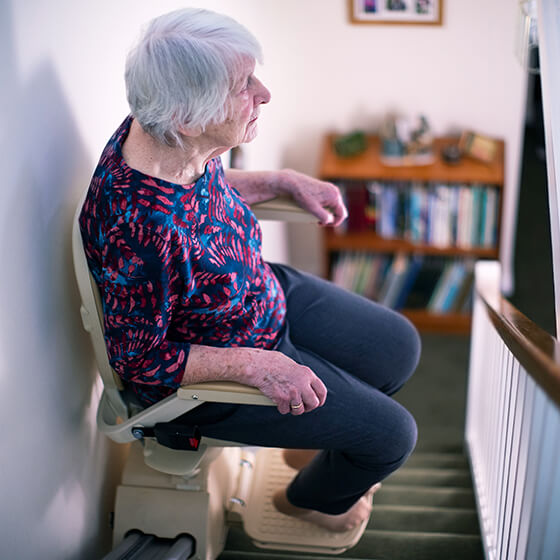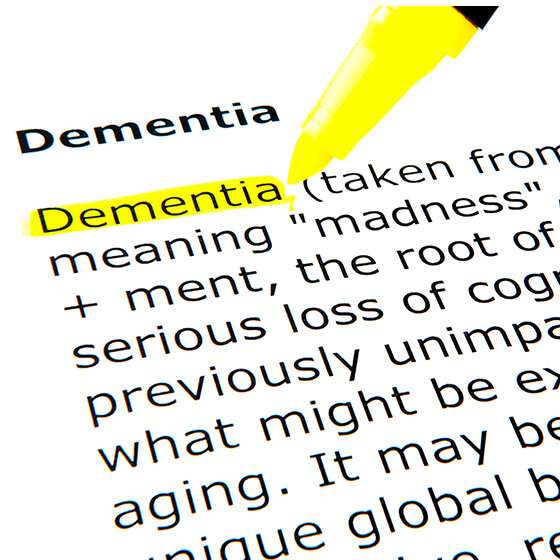Assistive Technology for Seniors
Assistive technology can improve a senior’s ability to adapt to new challenges and environments. There are assistive technologies that are designed for a variety of people at different life stages and unique circumstances and can increase their quality of life. Assistive technology is a diverse category that includes items and systems that support health, safety and fulfillment for diverse situations. Within this category, there are options available to suit each person’s specific needs in a way that fosters independence, autonomy and accessibility. Assistive Technology for Homes of Seniors Video options...Read More



